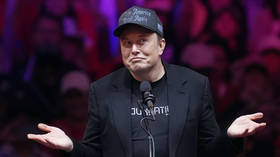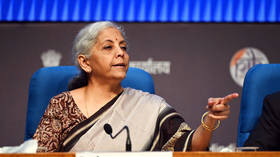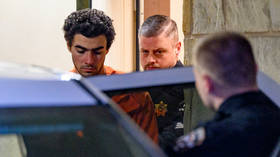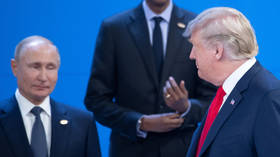EU state warns against seizing Russian money
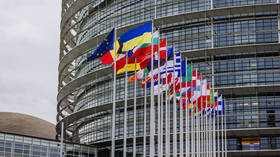
Belgium does not support the seizure of Russian assets that have been frozen by the EU as part of Ukraine-related sanctions, the country’s Finance Minister Vincent Van Peteghem said on Friday, highlighting the mounting risks related to the move.
The West froze nearly $300 billion in assets belonging to the Central Bank of Russia following the launch of Moscow’s military campaign against Ukraine in February 2022, a move denounced by Moscow as “theft.” Around $280 billion of this sum is held in the EU, primarily in the Belgium-based depositary and clearing house Euroclear.
“First of all, for our country there are two elements that are important: we did not touch the assets themselves, as the ownership title change would yield consequences both on the legal side and financial side that are unknown,” Van Peteghem said during a press conference after the bloc’s ECOFIN meeting in Luxembourg.
“And second, of course, risk sharing, that I think is important in the rollout of the instruments and is a crucial element of all discussion,” the minister added.
Earlier this month, the G7 nations announced that they had reached an agreement on using interest from frozen Russian assets to finance a $50 billion loan to help Kiev buy weapons and rebuild damaged infrastructure. At the time, Italian Prime Minister Giorgia Meloni said that the confiscation of the assets was not on the table.
In April, Van Peteghem stated that the bloc was close to reaching a political agreement on seizing the profits generated by Russia’s central bank reserves, stressing that the first tax collection could take place as early as July 1.
The idea of seizing the frozen Russian assets has been debated by EU lawmakers and the bloc’s allies for about two years. While the US and UK have called for the outright confiscation of the funds, multiple reports suggest that EU member states remain cautious regarding the move, citing the lack of a legal basis for such a measure as well as fears that Russia will take retaliatory steps. Some top officials have reportedly warned that the drastic move could undermine investors’ confidence in the EU’s financial system.
The Kremlin has denounced the push to use its immobilized funds to provide support for Ukraine. Earlier this week, Foreign Ministry Spokeswoman Maria Zakharova said that Moscow has a “wide arsenal” of political and economic countermeasures it can use to respond to the potential confiscation of its sovereign assets.




